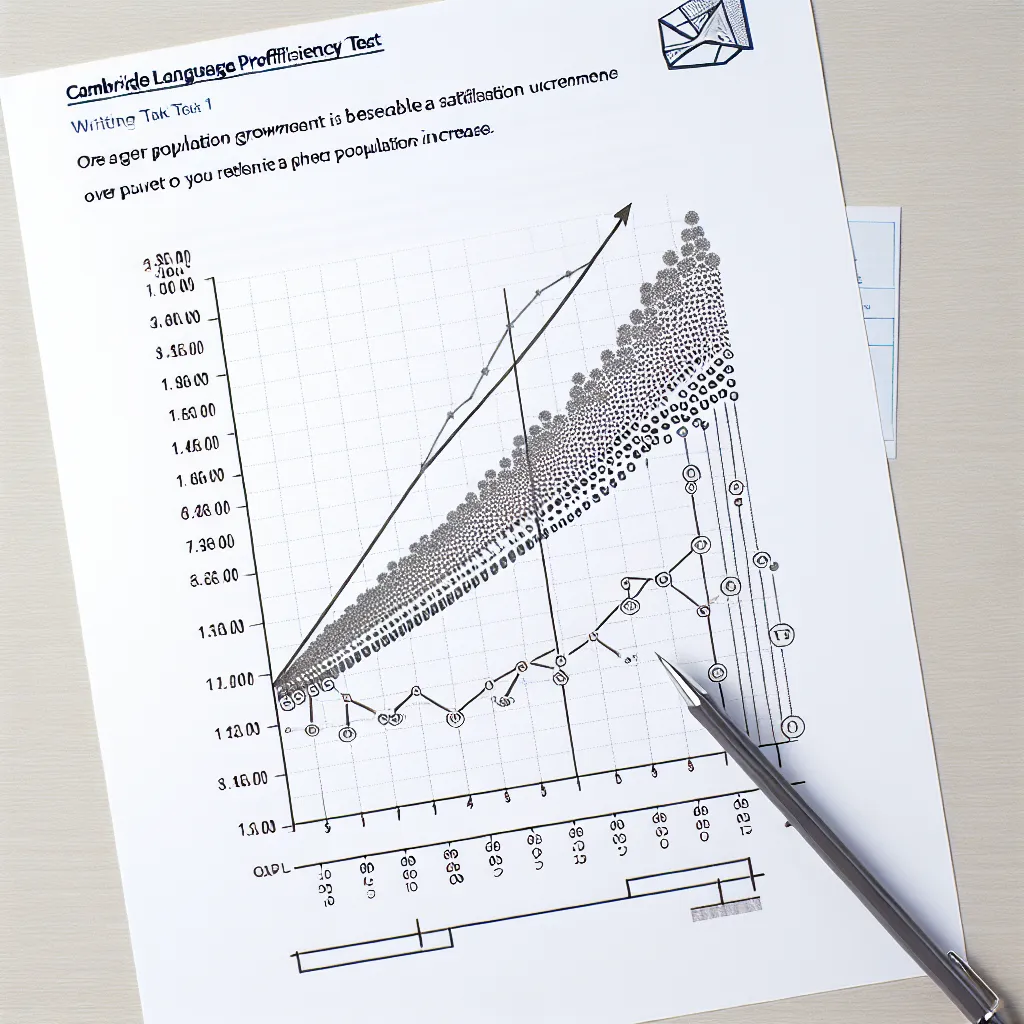Are you preparing for a Cambridge exam and wondering how to manage your time effectively during the test? Understanding the optimal time allocation for each section is crucial for success. In this comprehensive guide, we’ll break down the recommended time for each part of the Cambridge exams, helping you maximize your performance and achieve your desired score.
Understanding the Cambridge Exam Structure
Before diving into the time management strategies, it’s essential to understand the structure of Cambridge exams. These exams typically consist of four main sections:
- Reading and Use of English
- Writing
- Listening
- Speaking
Each section is designed to test different language skills and requires a specific approach to time management.
 Cambridge Exam Structure
Cambridge Exam Structure
Time Allocation for Cambridge Exam Sections
Reading and Use of English (1 hour 15 minutes)
The Reading and Use of English section is often considered the most challenging due to its length and complexity. Here’s how you should allocate your time:
- Parts 1-4 (Use of English): 30 minutes
- Parts 5-7 (Reading): 45 minutes
Tips:
- Spend about 5-6 minutes on each part of the Use of English section.
- Allocate 15 minutes for each reading text in Parts 5-7.
- Leave 5 minutes at the end to review your answers.
Writing (1 hour 20 minutes)
The Writing section consists of two tasks:
- Part 1 (Compulsory task): 40 minutes
- Part 2 (Choice of tasks): 40 minutes
Tips:
- Spend 5 minutes planning each essay.
- Use 30 minutes for writing each essay.
- Reserve 5 minutes for proofreading each essay.
Listening (About 40 minutes)
The Listening section is timed by the audio recording, so you don’t need to manage time yourself. However, you should:
- Read the questions before each part starts.
- Use any pauses to check your answers.
- Transfer your answers to the answer sheet immediately after the recording ends.
Speaking (14 minutes)
The Speaking test is conducted with a partner and an examiner. The time is strictly controlled, so focus on making the most of each part:
- Part 1 (Interview): 2 minutes
- Part 2 (Individual long turn): 4 minutes
- Part 3 (Collaborative task): 4 minutes
- Part 4 (Discussion): 4 minutes
Strategies for Effective Time Management
Practice with Timed Mock Tests
One of the best ways to improve your time management skills is to practice with timed mock tests. This will help you get a feel for the pace of the exam and identify areas where you might need to work on your speed.
Prioritize Questions
In the Reading and Use of English section, it’s crucial to prioritize questions. Start with the ones you find easier and move on to more challenging ones later. This ensures you don’t spend too much time on difficult questions at the expense of easier marks.
Use the Process of Elimination
For multiple-choice questions, use the process of elimination to save time. Cross out options that are clearly incorrect, narrowing down your choices and increasing your chances of selecting the right answer.
Develop a Personal Timing Strategy
Create a personal timing strategy based on your strengths and weaknesses. For example, if you’re stronger in reading than in use of English, you might allocate slightly more time to the Use of English parts to ensure you don’t miss out on those marks.
 Personal Timing Strategy
Personal Timing Strategy
Don’t Get Stuck
If you’re unsure about a question, don’t spend too much time on it. Mark it and come back to it later if you have time. It’s better to attempt all questions than to leave some unanswered because you ran out of time.
Practice Active Listening
For the Listening section, practice active listening techniques. This involves predicting answers, listening for key words, and quickly jotting down important information. This skill will help you keep up with the pace of the recording.
Improve Your Writing Speed
Work on improving your writing speed for the Writing section. Practice typing if the exam is computer-based, or handwriting if it’s paper-based. The goal is to write efficiently without sacrificing quality.
Common Time Management Mistakes to Avoid
- Spending too much time on difficult questions
- Not leaving enough time for proofreading in the Writing section
- Failing to transfer answers to the answer sheet in the Listening section
- Not practicing with timed conditions before the exam
- Panicking when time is running low, leading to rushed answers
Next Steps in Your Cambridge Exam Preparation
Now that you understand how to manage your time effectively for each section of the Cambridge exam, it’s time to put this knowledge into practice:
- Create a study schedule that includes regular timed practice sessions.
- Use official Cambridge practice tests to simulate exam conditions.
- Analyze your performance after each practice test, identifying areas where you need to improve your time management.
- Work on strategies to improve your speed in weaker areas.
- Consider enrolling in a Cambridge exam preparation course for additional guidance and support.
Remember, effective time management is a skill that improves with practice. The more you familiarize yourself with the exam format and practice under timed conditions, the better you’ll perform on test day.
By following these guidelines and consistently practicing your time management skills, you’ll be well-prepared to tackle each section of the Cambridge exam with confidence. Good luck with your preparation, and may you achieve the score you’re aiming for!




